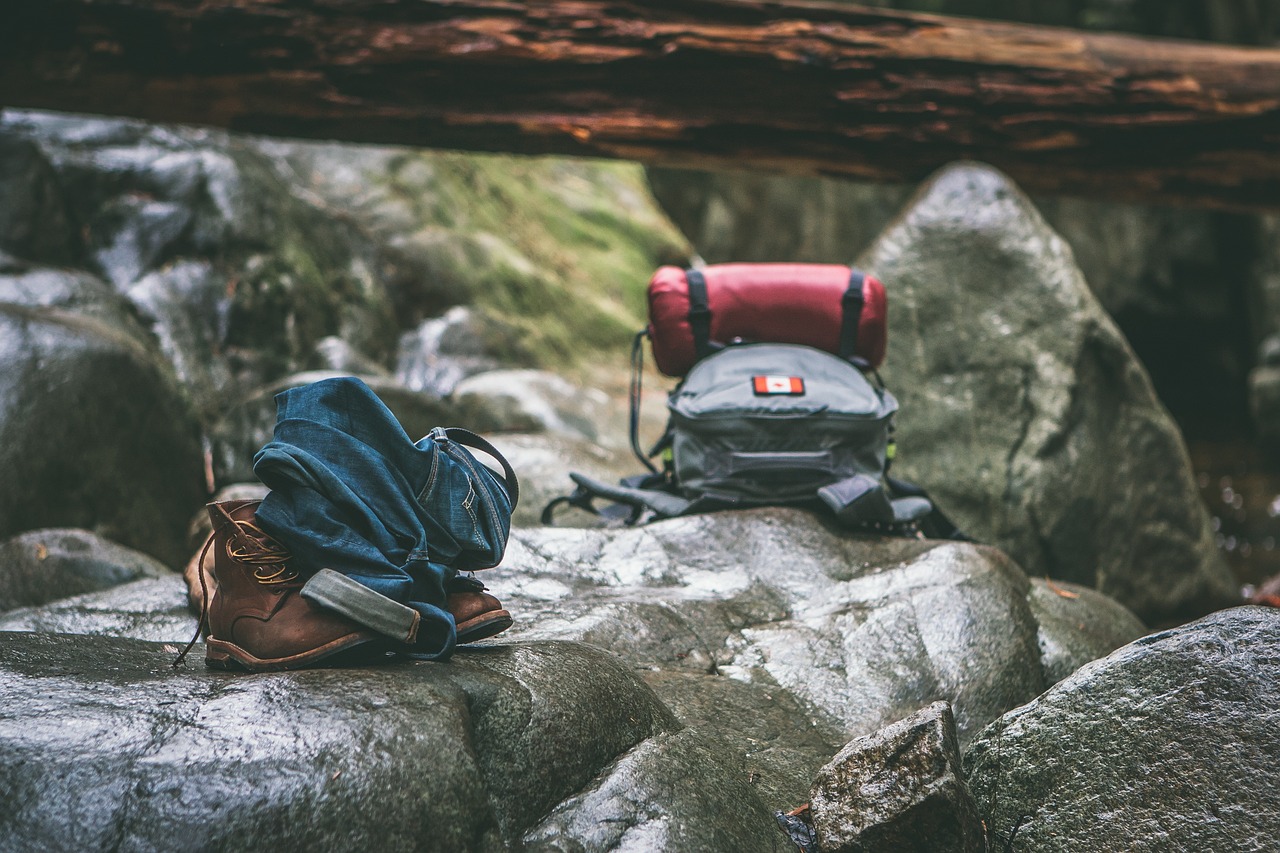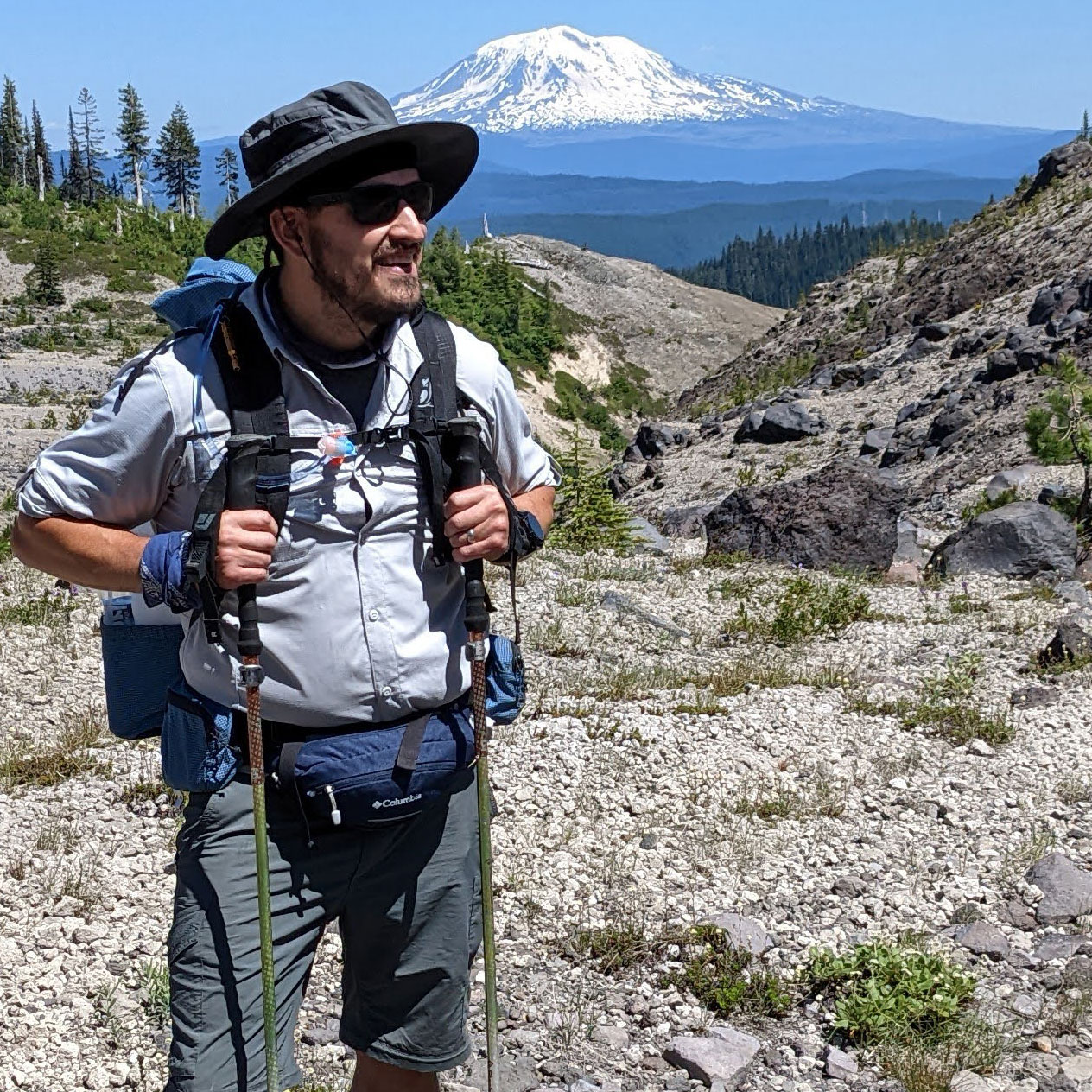Hiking is the perfect way to enjoy nature and explore the great outdoors. It is a fun and exhilarating way to exercise while spending time outdoors. Hiking has many benefits, including an improvement in physical health, mental wellness, and stress reduction.
However, hiking is not always a walk in the park, and it is essential to be adequately prepared and safe. In this beginner’s guide to hiking, we will discuss everything you need to know before embarking on a hike, including research and planning ahead, the necessary gear, health and safety, getting acclimated, hiking etiquette, and enjoying the hike.
Research and Planning Ahead:
Before embarking on a hike, it is essential to do your research and plan ahead. Not all trails are created equal, and some may be more appropriate for different skill levels and preferences. You need to choose a trail that matches your comfort level, budget, and time investment.
It is vital to read trail difficulty and length since not all trails are easy to navigate, and some may take several hours to complete. Checking weather conditions is also critical for planning what to wear and packing the necessary gear. It is advisable to hike during the day, and it is best to start early in the morning or late afternoon, avoiding the hottest part of the day.
Researching park regulations and fees is also important as some parks may require permits or have specific rules and regulations that hikers must follow. It is also essential to know what to pack, including items such as a map, sunscreen, bug spray, and a first-aid kit.
Equipment:
Having the right equipment can make or break your hiking experience. Proper footwear is essential to support your feet and give them the protection they need. You should wear hiking boots or trail shoes that have good traction and support for navigating through rough terrains.
Daypack essentials include food, water, a rain jacket, and a warm layer in case the weather changes. You should bring at least two liters of water per person and consume it regularly to avoid dehydration. Navigation tools like a compass or GPS are important in case you get lost. Extra layers of clothing, including a hat, gloves, and a jacket, are also essential to keep you warm in case of unexpected weather conditions.
Optional equipment such as trekking poles, a headlamp, and a whistle are also useful for comfort and safety.
Health & Safety:
Hiking requires physical exertion, and it is crucial to know your limitations. You should choose a trail that is appropriate for your skill level and doesn’t exceed your stamina. Staying on the trail is also important as it helps prevent unnecessary accidents such as getting lost or encountering wildlife.
It is essential to have basic first-aid knowledge on hand, including how to treat minor injuries and recognizing the signs of more severe health issues, such as heatstroke or dehydration. Wildlife awareness is also important, and hikers should know how to react in case of an encounter with animals.
Sun exposure and weather concerns should also be taken seriously, and it is important to wear protective clothing and apply sunscreen regularly. Finally, hikers should practice Leave No Trace principles and pack out what they pack in.
Getting Acclimated:
Before hitting the trail, warm-up activities like stretching help prevent injuries. You should also practice trailhead etiquette by parking in designated areas and being mindful of other hikers. Activities like walking or jogging can help you get used to being outdoors and build up your endurance.
Stopping for breaks and fueling up with a healthy snack or some fruit is important to help maintain energy levels. Group hiking etiquette is also essential, and hikers should stick together, share equipment, and help each other out when needed.
Hiking Etiquette:
Hiking etiquette is important in preserving the environment and making the hiking experience enjoyable for everyone. Stick to the trail to prevent soil erosion and vegetation damage. Yield to other hikers, and be respectful of the environment and wildlife by taking pictures from a distance.
Pets should be well-behaved and kept on a leash, and owners should dispose of pet waste appropriately. Leave No Trace principles should be practiced at all times, including respect for the environment and other hikers. Finally, hikers should follow park and trail regulations to make the hiking experience safe for everyone.
Enjoying the Hike:
Hiking is not just about exercising; it is about enjoying nature and appreciating its beauty. Stopping for sightseeing, taking pictures, and documenting the hike are all ways to stay present in the moment and appreciate the scenery. Listening and observing nature, such as the sound of birds or water, is also a way to connect with the environment.
Eating and staying hydrated is important to maintain energy levels and avoid dehydration. Practicing mindfulness and staying present helps to maintain a positive attitude throughout the hike and make the experience enjoyable.
Conclusion:
Hiking is the perfect way to enjoy nature and connect with the environment. Preparation and safety are crucial in making the experience successful. Researching and planning ahead, having the right equipment, practicing health and safety, getting acclimated, and hiking etiquette are all important aspects of hiking.
Finally, enjoying the hike is essential, and hikers should stop to appreciate nature, take pictures, and maintain a positive attitude. Exploring the great outdoors offers many benefits, including physical health, mental wellness, and stress reduction. With this beginner’s guide to hiking, we hope that you will be better prepared for your next adventure into the wilderness. Remember to always be mindful of the environment and practice Leave No Trace principles. Happy hiking!


